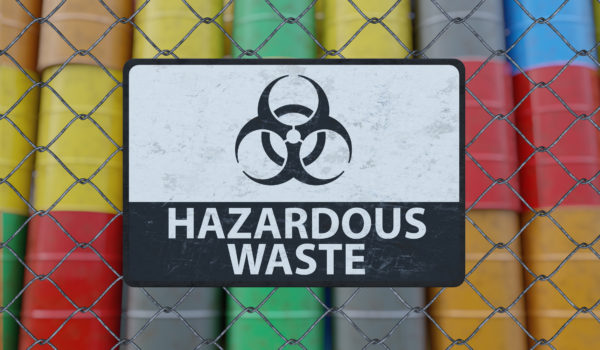
Updated 4/28/21
If you’ve read our Waste Acceptance Guidelines, you know that one of the categories of waste that you’re prohibited from putting in your trash is something called hazardous waste. In fact, we can’t accept any container that has a hazardous waste label on it, even if the container is empty. But what exactly is hazardous waste? According to the U.S. EPA, hazardous waste is “a waste with properties that make it dangerous or capable of having a harmful effect on human health or the environment.” The term covers a whole range of materials from various types of generation. It can come in many forms, including solids, liquids and sludges.
There are two categories of hazardous waste, listed and characteristic, but for purposes of this post, we’re going to focus on characteristic household hazardous waste. These are items found in your home that have the following characteristics: corrosivity, toxicity, flammability and reactivity. Examples follow.
Garage/Shed
- Lead acid batteries
- Firearms, ammunition or fireworks
- Antifreeze
- Brake fluid
- Diesel fuel
- Fuel oil
- Gasoline
- Kerosene
- Oil/gas mixtures
- Transmission fluid
- Deck stain/preservative
- Driveway sealer
- Epoxy
- Glue/adhesive
- Oil and lead paint
- Paint stripper
- Solvents
- Thinners
- Turpentine
- Varnish
- Chemical fertilizer
- Fungicide
- Herbicide
- Insect repellent/fogger/killer
- Mouse/rat poison
- Pesticide
- Pool chemicals
- Lighter fluid
Kitchen/Laundry/Bathroom
- Cleaning solvents
- Bleach
- Dry cleaning products
- Floor/furniture polish
- Muriatic acid
- Naval jelly
- Oven cleaner
- Silver/metal polish
- Nail polish
- Nail polish remover
This is not meant to be an exhaustive list, but to give you an idea of the type of products that might be hazardous.
These items shouldn’t go in with your regular trash because they present either an environmental hazard, a safety hazard or both. Even chemicals that seem like they’re not dangerous could react with other chemicals inside a garbage truck or the landfill and cause fires, explosions and other issues.
So, what can you do with these materials? You have two easy options.
You can search the Earth 911 database for a disposal option. You can enter the item and your zip code to find the place closest to you. This database contains permanent collection programs. You can also contact your local environmental, health or solid waste agency or municipality to learn about periodic household hazardous waste collections near you. Many communities will offer a special collection day just for hard to dispose of items. The following are some local resources that may help.
Alma Household Hazardous Waste Collection
Eaton County Household Hazardous Waste Collection
Ingham County Household Hazardous Waste Collection
Jackson County Household Hazardous Waste Collection
Kent County Household Hazardous Waste Collection
It might seem like kind of a pain to take these materials somewhere that’s separate from your regular trash, but it’s very important. Taking this extra step will help keep our environment, our associates and the general public safe.
